Learning in a Erasmus+ project – ‘Escape to happiness’?
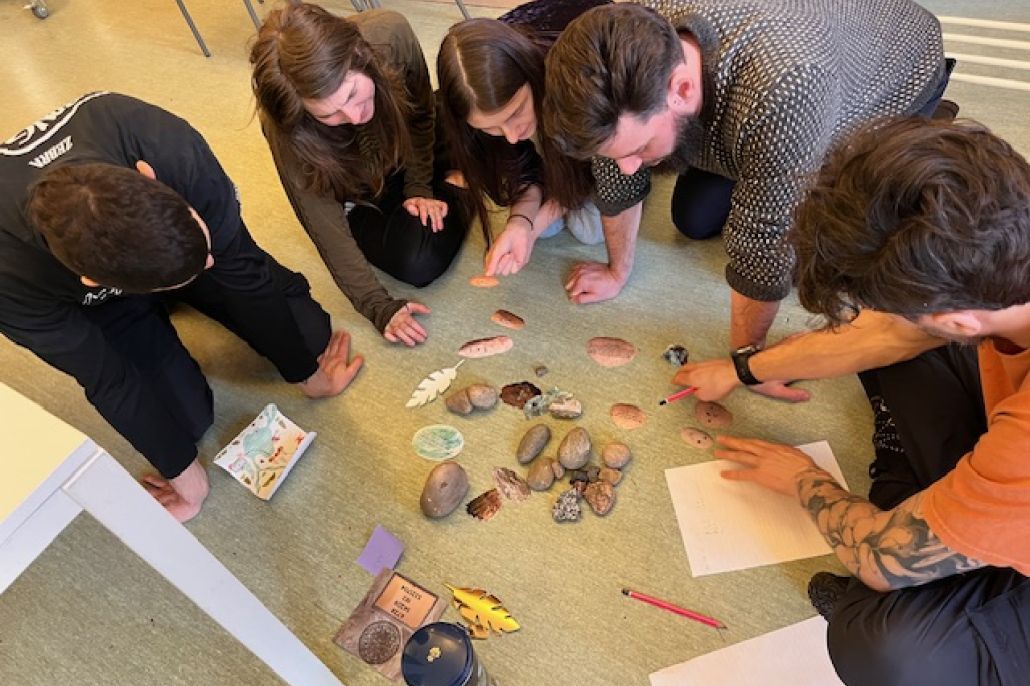
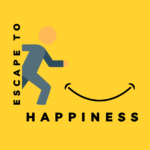
The Escape to Happiness project is the first EU project of our organization, Pro Lapinlahti Mental Health Association (Pro Lapinlahti mielenterveysseura ry). Our organization work to improve adult’s mental wellbeing and since learning new things can have such a profound impact on individual well-being, we were happy to be invited to be a partner in this Escape to Happiness project. Adult education can be a life-changing pathway to rediscovering joy and meaning in one’s life, so we were eager to learn new ways to improve our methods. Next, I will tell our experiences in the project; what has been surprising, what has been challenging, what we have learned and what has been the benefits of the project (so far).
Initial impressions
When I was travelling to Slovenia in spring 2023 for the kick-off meeting of the project, butterflies were flying in my stomach. My thoughts were racing: what kind of people are the project partners from the seven countries, what could we contribute to the project, and how could our own organization benefit from the project? When I arrived at Zasavska ljudska Univerza in Zagorje ob Savi, Slovenia, my excitement turned to joy and enthusiasm. The project partners were so nice, smiling people with very similar challenges. The atmosphere was immediately warm and inspiring; we were about to create new ways to support the well-being of our clients, adult learners. Even the bureaucracy required by the EU, after a little initial induction, started to become clearer (and now it’s all routine!).
Clear objectives and steps
In the first phase of the project, all the seven partners (Slovenia, Croatia, Bosnia-Herzegovina, Italy, Cyprus, Portugal) set out to identify good practices in adult education that support learner’s well-being. At this stage, my organization perhaps didn’t quite understand what kind of practices we were looking for, and our own suggestions were rather grandiose (such as acting as a platform for arts and culture). However, we did learn a lot of good and useful practices that we can use in our own group activities. We are also proud that three of our ten suggestions were selected for the common Booklet of good practices. There will be a further training workshop for all those working with adults on these well-being methods, and the manuals will be freely available in the languages of all participating countries.
Creating a multinational pedagogical Escape room
In the next phase of the project, we set out to create a well-being-themed pedagogical escape game. But how do you create a logical escape game when everyone is thousands of kilometers apart? It’s not an easy task, but with repeated remote meetings, a good project manager and documentation, we have reached the testing phase of the game. Based on our diligent testing, I can say that the game works, and has been an educational and fun experience for players. All the tasks where players work together, and experience sensory experiences have received really good feedback. On the other hand, just figuring out key codes for locks and reading long texts does not feel meaningful. We believe that this escape game will live on for a long time and will be available to new groups and visitors at least in Lapinlahden Lähde, Finland.
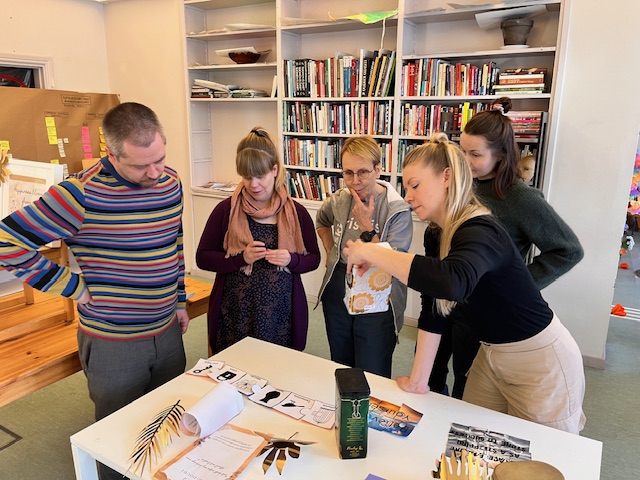
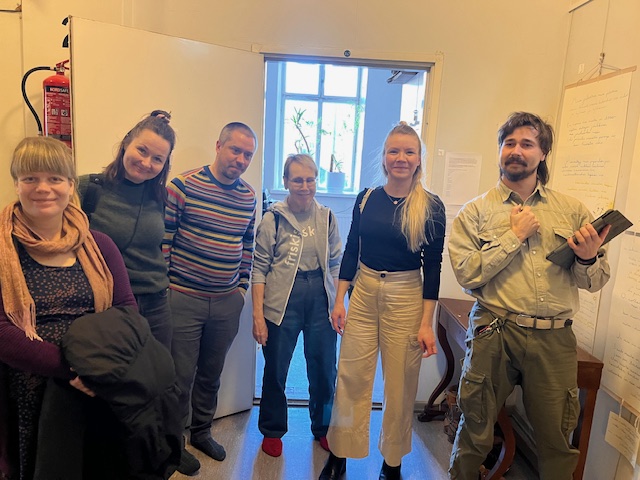
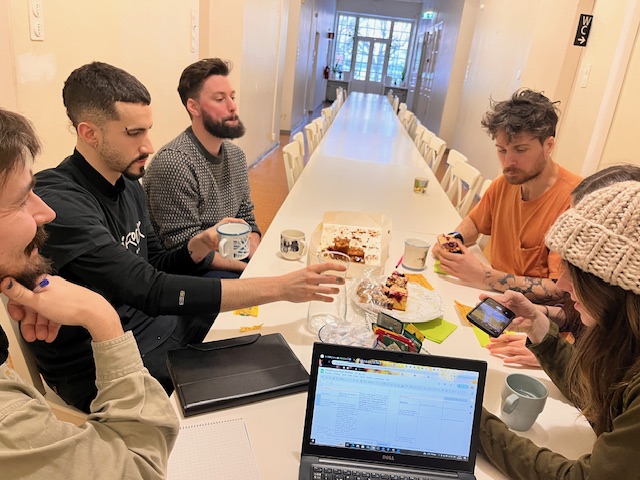
Communication is the key
There is only one person working on the Escape to Happiness project, which has at times felt lonely. For the project to touch the whole community, communication is very important. Without the project’s own website, Facebook posts and event invitations, blog posts and verbal communication at weekly meetings, the benefits would be missed. It was also great to have an adventure education trainee involved in this project, specifically to develop and test the escape game. This would have been very challenging, if not impossible, on my own. Here’s how project intern Henrik Andersson talks about his role in the project:
” With earlier work experience in an escape room business and a deep interest in using escape rooms as an educational activity in my field of study, Adventure education, I followed with enthusiasm the process of the project since autumn 2023.
What I learned from participating in this project was the importance of clear communication right from the start, manifesting itself in the documentation of the project. During the project I found myself repeating the saying to myself and others: “If you can’t explain it to a six-year-old simply, you don’t understand it” as an approach to writing instructions on how to set up the puzzles for the game. This is also what I consider to be my main input to the project; enthusiastically emphasizing clear communication and bringing suggestions to improve the quality of documentation.” Henrik Andersson

Multinational collaboration
The benefits of such a multinational project are multifaceted. International cooperation also brings a new perspective and impact to your own work: it is a pleasure to see that your own organization can be useful and contribute to a common outcome. It is also very valuable to get to know different working cultures and ways of doing things. I am afraid that we Finns are sometimes too conscientious, and we need to learn that things go ahead without too much pressure on our part. It has been surprising to discover that we can make significant contributions to the project, which has boosted our self-esteem both locally in Finland and internationally. A particularly gratifying moment was when we hosted visitors from Germany’s Delegation to the Family Committee of the German Bundestag, who came to learn from our experiences in combating loneliness!
While the full impact of our project’s outcomes is yet to be realized, the invaluable lessons we’ve gleaned are poised to ignite positive change. As we eagerly anticipate the benefits our target groups will derive from these insights, our fervent hope extends beyond borders. We aspire for the ripple effects of our endeavors to permeate European adult education institutions and leisure activities, enriching countless lives throughout the education sector and beyond.
Taina Laaksoharju, Project manager in Pro Lapinlahti Mental health Association